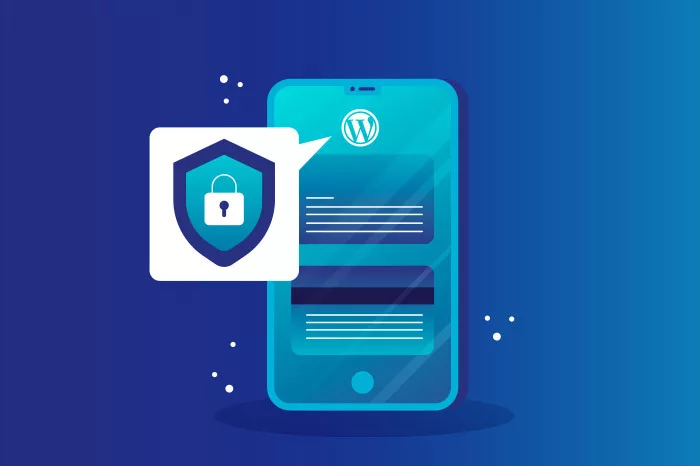Every website is vulnerable to potential threats, but with proper measures, you can significantly reduce risks and keep your WordPress site safe.
1. Importance of WordPress Security:
A brief intro on why security is crucial, from protecting user data to maintaining site uptime.
2. Basic Security Tips:
Use Strong Passwords: Avoid predictable passwords; use password managers to store complex ones.
Regular Updates: Always update WordPress core, themes, and plugins to their latest versions.
Limit Login Attempts: To prevent brute force attacks, restrict the number of login attempts.
3. Choosing Secure Hosting:
A good hosting provider will offer firewalls, regular backups, and malware scanning.
4. SSL Certificates:
Understand the importance of SSL (Secure Socket Layer) for encrypting data between user browsers and your server.
5. WordPress Security Plugins:
Recommend plugins like Wordfence, Sucuri Security, and iThemes Security for added protection.
6. User Roles and Permissions:
Only give necessary permissions. Limit the number of Administrator accounts.
7. Regular Backups:
Reiterate the importance of backups. Plugins like UpdraftPlus and VaultPress can help automate this process.
8. Disable Directory Listings:
By disabling this, you’ll prevent hackers from finding vulnerabilities within your site files.
9. Two-Factor Authentication (2FA):
An additional layer of security requiring users to provide two forms of identification before logging in.
10. Monitoring & Audits:
Regularly monitor your site for any suspicious activities. Use security plugins that offer audit logs.
Conclusion:
Securing your WordPress website is an ongoing process, not a one-time setup. With consistent effort and vigilance, you can safeguard your site against most threats. Our next guide will explore optimizing your WordPress site for faster performance!



